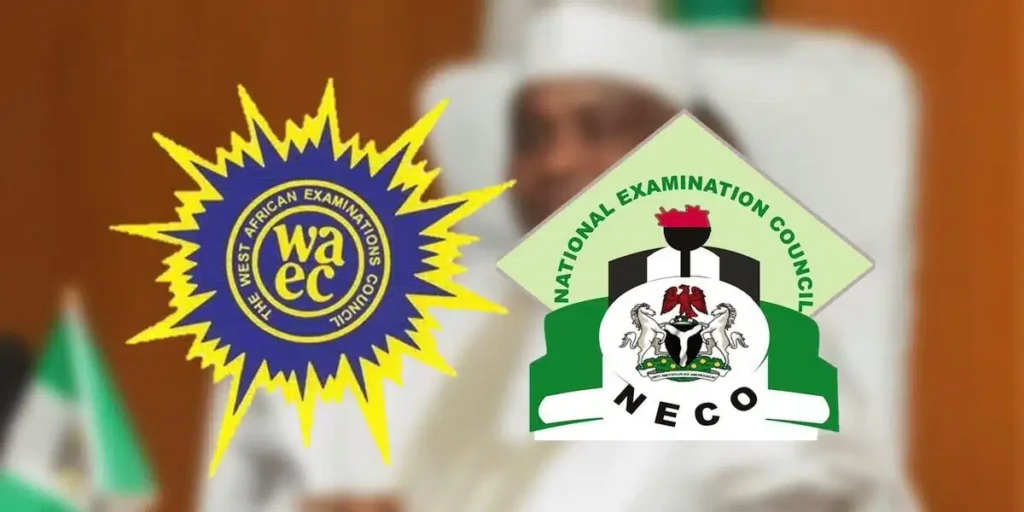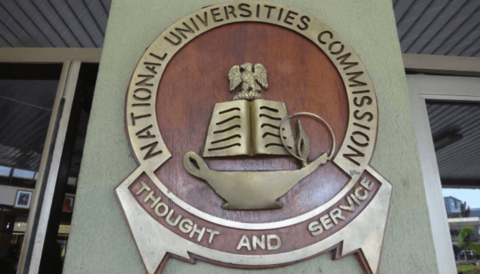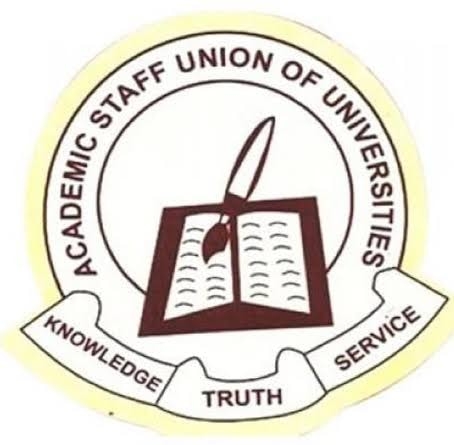The Federal Government has cleared up misinformation about the age limit for students taking the Senior Secondary Certificate Examinations (SSCE) conducted by the National Examination Council (NECO) and the West African Examination Council (WAEC). There had been false reports suggesting that students needed to be at least 18 years old to sit for these exams. However, the government has made it clear that this rule does not apply to NECO or WAEC.
The restriction is only for the Unified Tertiary Matriculation Examination (UTME) and university entry. This age limit of 18 years for UTME will start in 2025, but it has no effect on the SSCE exams for WAEC and NECO. Dr. Tanko Sununu, Minister of State for Education, addressed this issue during a press conference in Abuja. He emphasized that the misunderstanding about age limits came from misinterpreted remarks and that the government never intended to place such restrictions on students writing NECO or WAEC exams.
Dr. Sununu explained that the 18-year rule is based on the National Policy on Education. This policy outlines the expected progression of a child’s education from primary to secondary school, with the goal of entering university at 18. However, this rule only applies to university admission, not to WAEC or NECO exams. The Minister stressed the importance of understanding this distinction, especially since the goal is to align education with national development policies.
In line with this clarification, the Minister also discussed the significance of World Literacy Day, emphasizing the need to promote multilingual education to support mutual understanding and peace. He pointed out that early education should be delivered in a child’s mother tongue before transitioning to English, which improves learning outcomes.
Prof. Akpama Iboro, the Executive Secretary of the National Commission for Mass Literacy, Adult, and Non-Formal Education, added that literacy is vital for cultural preservation and social transformation. He emphasized the need for multilingual education to ensure that all Nigerians, regardless of their language background, have access to quality education. Prof. Iboro noted that literacy programs should be designed to embrace the country’s rich linguistic diversity.
UNESCO’s Country Director, Abdourahamane Diallo, also praised the government for its efforts in promoting literacy and education across the nation. He reaffirmed UNESCO’s commitment to supporting Nigeria’s education system and helping to achieve its literacy goals.





